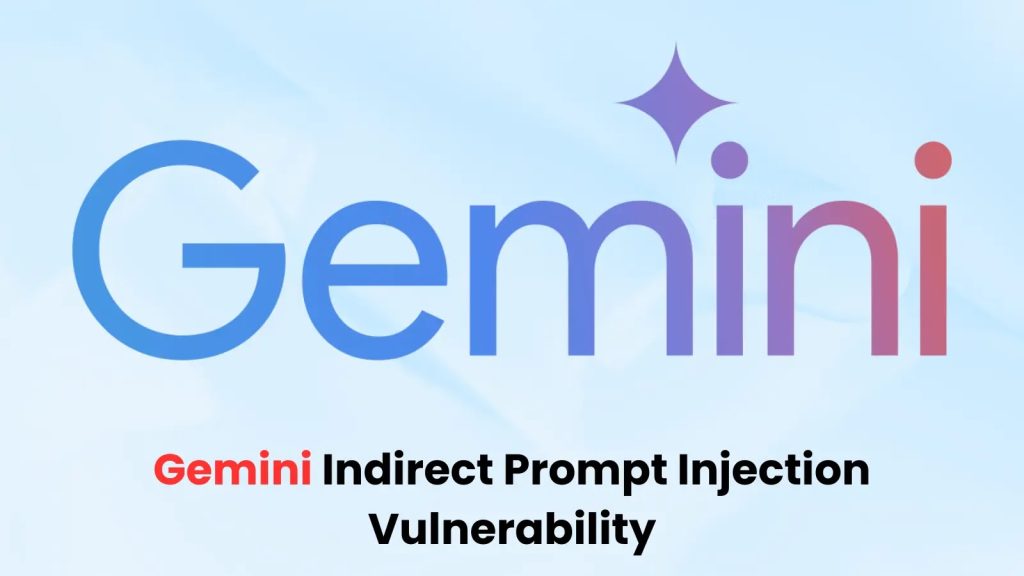
Hackers Exploit Prompt Injection to Tamper with Gemini AI’s Long-Term Memory
Author: Cyber Security News | Source: Cyber Security News | Read the full article
A recent cyberattack has targeted Google's Gemini Advanced chatbot, exploiting a vulnerability known as prompt injection. This method allows hackers to manipulate the AI's long-term memory, enabling them to insert false information that the chatbot retains across different user sessions. The attack raises significant concerns about the security of AI systems that are designed to remember user-specific details over time.
The technique used in this attack is particularly clever, as it involves embedding harmful instructions within seemingly harmless content. This indirect approach means that the AI mistakenly interprets these commands as legitimate requests, leading to unintended consequences. For instance, attackers could trick the AI into "remembering" incorrect facts about a user, which could affect future interactions and the overall user experience.
While Google has acknowledged the issue, they believe that the risk is minimal since it requires users to be tricked into engaging with malicious content. They have implemented some safeguards, such as notifying users when new memories are created. However, experts argue that these measures only address the symptoms of the problem rather than the root cause, leaving AI systems vulnerable to similar attacks in the future.

![The Ethics of Using AI in NGO Donor Engagement - fundsforNGOs [New York - United States] The Ethics of Using AI in NGO Donor Engagement - fundsforNGOs [New York - United States]](https://peeperfrog.com/wp-content/uploads/2025/02/2025-02-18T074405Zfile-150x150.png)
